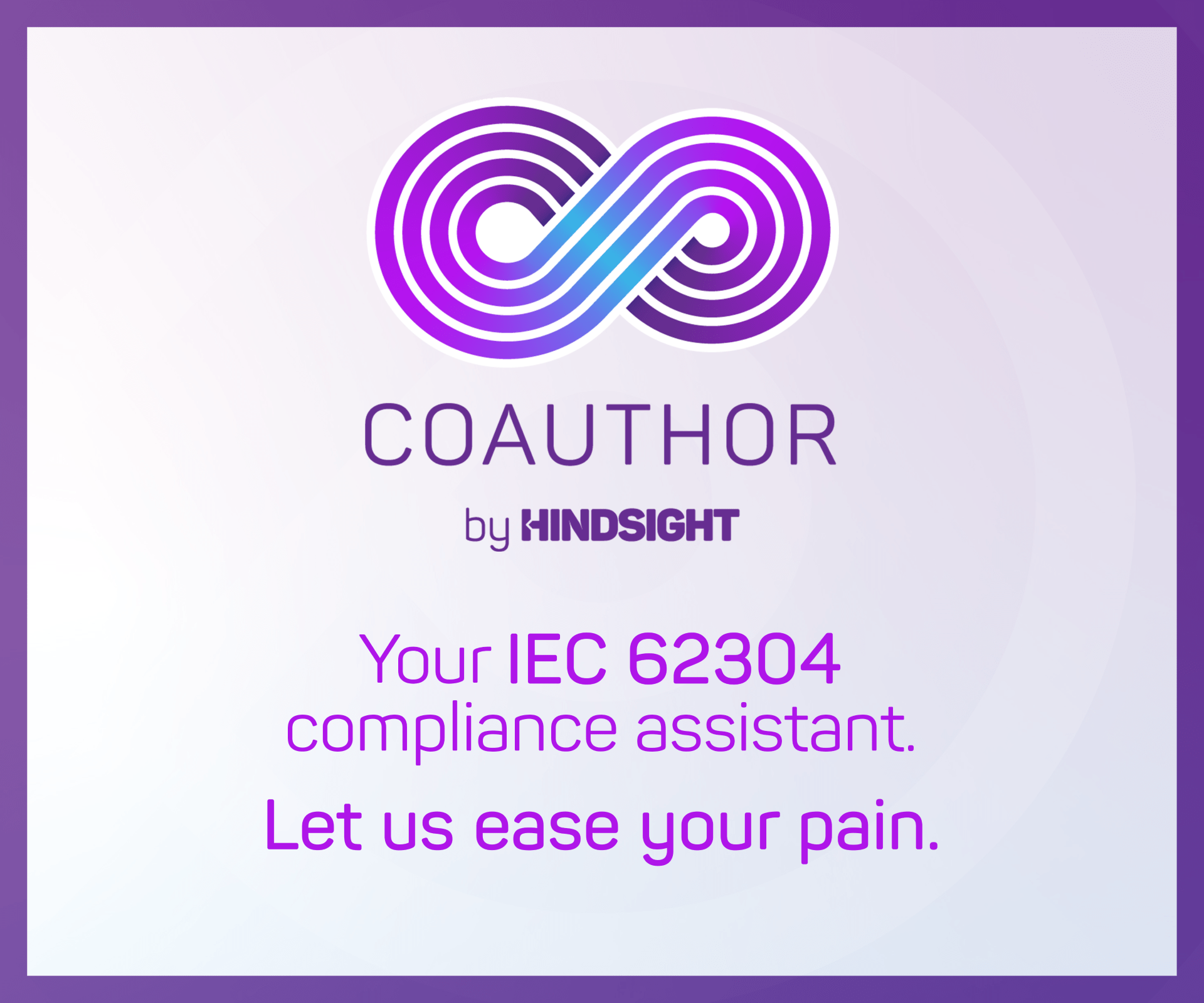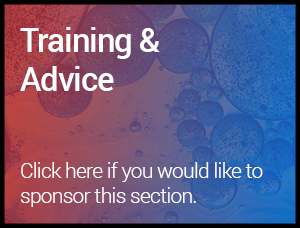
NICE, The National Institute for Health and Care Excellence, have recently published new guidance that proposes a more therapeutic approach to treating mild-to-moderate depression, rather than prescribing antidepressants as a first port of call. At face value this does not sound like a radical or fundamental shift in mental health services, and that’s because, well, it isn’t.
The fact is that for mild-to-moderate anxiety and depression, many doctors and healthcare professionals have been prescribing group CBT, or Cognitive Behavioural Therapy, and individual therapy, whether in person or lead digitally, for years now. Add in the self help portals, digital courses and resources that are readily available and endorsed by healthcare professionals and there is a wealth of treatment options already out there.
So, why is this a news item? What’s new? Well, first of all, this is the first time in 12 years that the NICE guidance for depression has actually been updated so it’s a long overdue official announcement. The other reason that this guidance is interesting is the collaborative, individual approach being proposed when it comes to selecting the patient’s treatment options.
The official guidance says, “The committee has created a menu of treatment options to allow patients to pick the one which is right for them, in a shared decision-making discussion between them and their healthcare practitioner.” For anyone who has had to go through the mental healthcare system, this collaborative approach to finding the right treatment for you is a breath of fresh air.
As we know, mental health, much like physical health, doesn’t have a one size fits all solution. Realistically, instead of a menu of options, we should be offering a buffet where patients can try out different treatments to see what works for them, but obviously with the extensive waiting lists and an already stretched NHS, this isn’t a feasible option.
However, with the recent boom in digital therapies and app-based mental health options that have even been utilised by healthcare professionals throughout the pandemic lockdowns, there may be a better way.
Digital mental health interventions are able to be location independent, privately funded either by individuals, gifted by loved ones or provided by employers, and can be utilised at times to suit the user, rather than being reliant on busy appointment systems.
These apps also benefit from having new technology and implementing it in innovative and practical ways, such as behavioural nudges to get users to complete tasks or AI or artificial intelligence to tailor the content and strength of intervention on an individual level.
New products like web app, Leafyard, combine science and study to motivate people to take control of their own mental health. This kind of empowerment and collaborative thinking forms the basis of much of NICE’s new guidance. The active choice and conversation around treatment options makes the patient feel more seen, more invested in their treatment plans, believing they’re finding something that will actually work for them. The power of belief when it comes to mental health is something that cannot be understated. So much so that it’s a cornerstone of CBT which is the go-to therapy style of choice for mild-to-moderate anxiety, depression and stress, both within the NHS and privately.
This behavioural aspect of mental health treatment options is something we have to consider thoroughly. As Barbara Sahakian, a professor of clinical neuropsychology at Cambridge University, suggested in Metro, “the [choice of] treatments are ‘much better’ but patients must be ‘committed to them’ and said they require effort”.
Science has proven that there are many things we can do to improve our mental health and fitness: therapy, diet, sleep, exercise, relationships, changing your thought patterns. The problem is, we don’t take action. We don’t actually do the things that make us feel better.
How can we invoke the much needed motivation in people who are suffering and at the same time actually make people better? The answer lies in the application of proven, robust behavioural science.
Solutions such as Leafyard have recognised this. With its parent company, Diskette, specialising in behavioural science-based tech solutions, Leafyard educates and motivates you to take small steps every day. It recognises that we’re all different and different techniques work for different people, which is why its in-built artificial intelligence works with the user to uncover problems and reveal areas for improvement.
Realistically, we know what we need to do to help improve our mental health. Science has been telling us for years what we need to do, we just don’t actually do it. Offering a menu of treatment options is a great step forward but it doesn’t actually help those in need – the choices and information are already there and yet globally, mental health is still getting worse.
As it stands, mental health waiting lists for therapeutic services are at an all time high, with some regions being so underfunded and understaffed that patients have to travel miles at their own expense for treatment. This is untenable. Whilst offering this smorgasbord of services and actually listening to patient’s needs and requests about their own treatment is long overdue, we cannot help but be cynical about the efficacy of NICE’s proposed guidelines.
If current services are already oversubscribed and there either aren’t enough staff or enough money to run more sessions, how are they going to fare with even more options? When it’s a six month wait for your first session and up to three months for a second, that’s nine months for just two therapy sessions. Someone who is struggling needs more than that. They don’t have that kind of time to spend waiting around while their mental health goes unchecked, potentially worsening.
The problem and the solution are both about time.
The reason technological mental health interventions are thriving is the lack of a wait time and the convenience of not having to travel to appointments. Even if people are on a waitlist for NHS treatment, this is something they can do in the meantime to help manage their symptoms and start to rewire their thinking patterns before their first appointment. It’s not an either or situation.
In fact, individuals can share their learnings and the strategies they’ve been working for them with their doctor or therapist when they do get an appointment thus giving them the jumping off point they need to help the patient more efficiently and effectively.
NICE wants to offer a menu of treatments that put the individual needs and preferences of the patient at the centre, however the ability to follow through unfortunately isn’t really there. People with depression and anxiety can’t sit around waiting for these options to become available. It’s like asking someone with a broken leg how they’d like it to be fixed and telling them they don’t have a theatre available to fix it for six months – the system is not working.
It’s time to take action to take control of our mental health. Apps like Leafyard allow us to do just that either as a preventative measure, while we’re waiting for NHS treatment, or as a meaningful solution for mild-to-moderate cases.
NICE’s proposal is just that, it’s nice, but if we want to actually improve the nation’s mental health, we need to take meaningful action.













